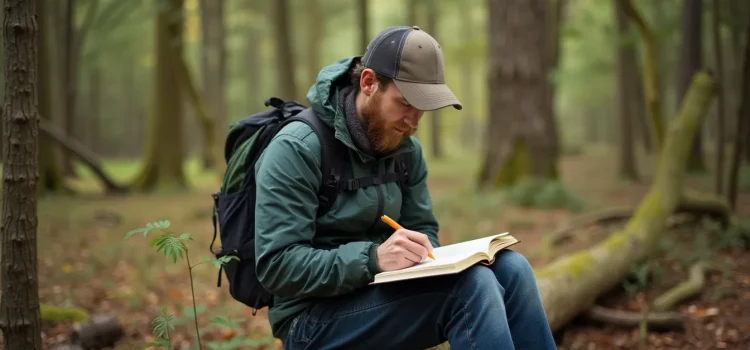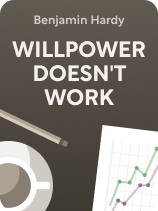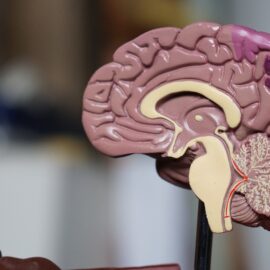

This article is an excerpt from the Shortform book guide to "Willpower Doesn't Work" by Benjamin Hardy. Shortform has the world's best summaries and analyses of books you should be reading.
Like this article? Sign up for a free trial here.
Are you feeling exhausted and uninspired at work? Is there a secret to boosting your creativity and productivity?
The importance of rest cannot be overstated. In his book Willpower Doesn’t Work, Benjamin Hardy explores how effective rest is crucial not only for recovery but also for skill improvement and creativity. Rest allows your mind to wander, fostering new connections and ideas.
Keep reading to discover why rest is just as vital as work and how to strike the right balance for optimal performance and well-being.
Rest Is as Important as Work
In his book, Hardy discusses the importance of rest. Effective rest is, naturally, crucial for recovering after working your hardest. However, Hardy adds that resting is also when your skills and abilities improve. The cycle of work and rest functions just like exercise does for your muscles; you go to the gym to break down your muscles, then they become stronger when they repair themselves. However, without a rest period, that process doesn’t work; if you kept working the same muscles every day, they’d have no chance to repair themselves, so you’d never get stronger (and you’d probably injure yourself).
In addition, you’re more likely to have original ideas and creative insights while resting. This is because rest frees your mind to wander, so you can make connections between thoughts that you’ve never made before. Conversely, while you’re focused on work you’re only thinking about how to accomplish the task in front of you, which doesn’t give you much opportunity for creativity.
(Shortform note: Many experts agree with Hardy that rest is crucial for coming up with creative ideas, but that doesn’t mean creativity is a passive process where you just wait for ideas to hit you. It’s much more common to come up with creative ideas while you’re searching for answers to questions or solutions to problems. In fact, at least one scientific study has found that the most creative people are those who actively try to come up with new ideas. This means that rest doesn’t have to be a time when you completely turn off your brain—although there may be days when that’s what you need—but rather, rest is an opportunity to think deeply about ideas that you couldn’t explore while you were working.)
Finally, Hardy warns that most people simply don’t spend enough time resting, no matter how well they design their environments. He says that you should spend at least as much time resting as you spend working, and preferably more than that.
| Why—and When—You Should Rest Comparing mental abilities, like willpower and technical skills, to physical muscles is fairly common because they work similarly in many respects. Another way your mind works like your muscles is that overusing it without rest can cause you to injure yourself—in this case, that injury takes the form of burnout. As productivity expert Ali Abdaal explains in Feel-Good Productivity, two common causes of burnout are working too hard and not resting enough after working. Abdaal doesn’t say exactly how much rest you need, because it’s different for each person, but he does advise using your feelings as a guide: if you’re still tired when you go to work, or if your work is starting to feel tedious or overwhelming instead of enjoyable, then it’s likely that you haven’t rested enough. |
Exercise
What’s one way you could modify your rest environment to push yourself toward one of your goals? This might mean how you design your physical environment, or it could mean finding people and activities that help you to relax.

———End of Preview———
Like what you just read? Read the rest of the world's best book summary and analysis of Benjamin Hardy's "Willpower Doesn't Work" at Shortform.
Here's what you'll find in our full Willpower Doesn't Work summary:
- Why you can’t just “will” your way to success
- Practical ways to optimize your working and resting environments
- How you can make reaching your goals inevitable






